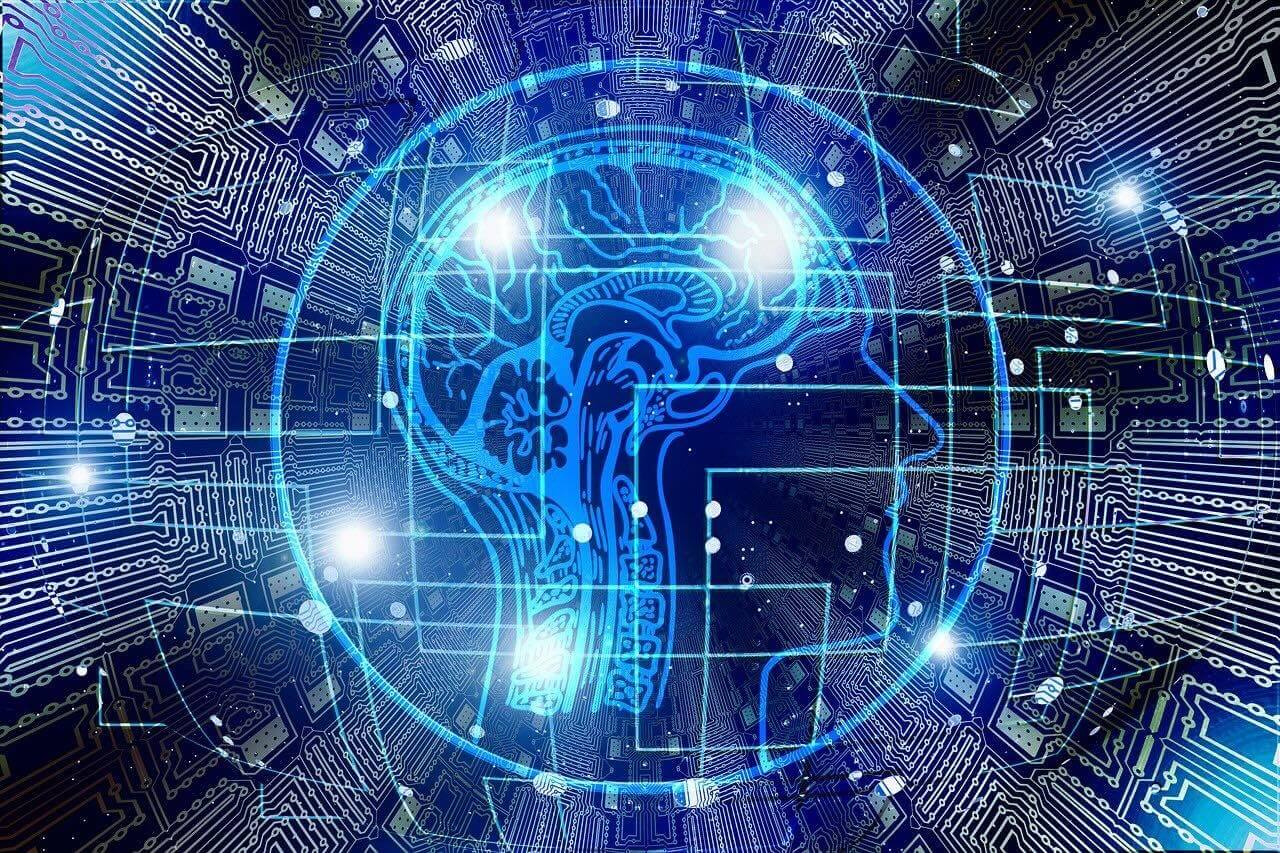Few innovations have caused as much excitement and disruption as artificial intelligence (AI). From diagnostics to treatment planning and patient care, AI is ushering in a new era of precision and efficiency. Let’s delve into how AI is revolutionizing healthcare and why it’s a game-changer for both providers and patients.
The Power of Precision: AI in Diagnostics
One of the most significant impacts of AI in healthcare is in the realm of diagnostics. Imagine a world where diseases are detected earlier and more accurately, thanks to sophisticated algorithms that analyze medical images and data. AI-powered tools can sift through thousands of medical images in a fraction of the time it would take a human, identifying patterns and anomalies that might be missed by the human eye.
Take, for example, radiology. AI algorithms are now capable of reading and interpreting X-rays, MRIs, and CT scans with incredible accuracy. This not only speeds up the diagnostic process but also reduces the risk of human error. In some cases, AI systems have even outperformed human radiologists, highlighting their potential to transform the field.
Streamlining Treatment Planning
Once a diagnosis is made, the next step is creating a treatment plan. Here, too, AI is proving to be an invaluable tool. AI algorithms can analyze patient data, medical histories, and the latest research to recommend personalized treatment plans. This ensures that each patient receives care tailored to their specific needs, increasing the likelihood of successful outcomes.
For cancer patients, AI-driven tools are revolutionizing how oncologists approach treatment. By analyzing vast amounts of data from clinical trials and medical records, AI can help identify the most effective treatments for individual patients, taking into account factors like genetic markers and previous responses to therapy. This precision medicine approach is paving the way for more effective and less invasive treatments.
Enhancing Patient Care

Beyond diagnostics and treatment planning, AI is also improving patient care. From virtual health assistants to predictive analytics, AI is making healthcare more accessible and efficient. Virtual health assistants, for instance, can provide patients with 24/7 support, answering questions, scheduling appointments, and even offering medical advice based on the latest guidelines.
In hospitals, AI-powered predictive analytics are helping healthcare providers anticipate patient needs and allocate resources more effectively. By analyzing data on patient admissions, bed occupancy, and staffing levels, AI can predict future trends and help hospitals manage their operations more efficiently. This not only improves patient care but also reduces costs and enhances overall hospital efficiency.
Reducing Administrative Burden
One of the less glamorous but equally important benefits of AI in healthcare is its ability to reduce administrative burdens. Healthcare providers often spend a significant amount of time on paperwork and administrative tasks, which can detract from patient care. AI-powered tools can automate many of these tasks, from scheduling appointments to processing insurance claims, freeing up healthcare professionals to focus on what they do best—caring for patients.
Bridging Gaps in Healthcare Access
In many parts of the world, access to healthcare remains a significant challenge. AI has the potential to bridge these gaps by providing remote and underserved areas with access to high-quality healthcare. Telemedicine platforms powered by AI can connect patients with doctors anywhere in the world, offering consultations, diagnostics, and even remote monitoring.
For example, AI-powered diagnostic tools can be used in remote clinics to analyze patient data and provide accurate diagnoses, even in the absence of a specialist. This can be a lifeline for patients in rural or underserved areas, ensuring they receive timely and accurate medical care.
Ethical Considerations and Challenges
While the benefits of AI in healthcare are undeniable, it’s essential to address the ethical considerations and challenges that come with it. Issues like data privacy, algorithmic bias, and the potential for job displacement are significant concerns that need to be addressed as AI continues to evolve.
Ensuring that AI systems are transparent, unbiased, and secure is critical for maintaining trust in these technologies. Additionally, healthcare providers must be adequately trained to use AI tools effectively, and patients should be informed about how their data is being used and protected.
The Future of AI in Healthcare
As AI continues to advance, its potential to transform healthcare is limitless. Future developments may include even more sophisticated diagnostic tools, AI-driven drug discovery, and personalized treatment plans that are more effective than ever before. The integration of AI into everyday healthcare practices is just the beginning, and the possibilities are truly exciting.
Artificial intelligence is not just a buzzword in healthcare—it’s a powerful tool that’s transforming how we diagnose, treat, and care for patients. By embracing AI, we can improve accuracy, efficiency, and access to healthcare, paving the way for a healthier future.





